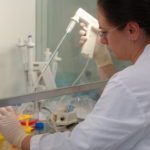
Artificial enzyme developed that functions as well as the natural version
The University of Bristol has reported that its scientists have designed an artificial enzyme that functions as well as, and in some cases better than, a vital class of natural enzymes. Enzymes are fundamentally important biological molecules that perform the bulk of the chemical reactions in all living organisms. These reactions power cellular life and … Continue reading Artificial enzyme developed that functions as well as the natural version

A new method for 3D printing living artificial tissues
A team from the University of Bristol’s School of Cellular and Molecular Medicine, together with scientists at the University of Oxford, has developed a new method to 3D print stem cells to form complex living 3D structures. The approach could revolutionise regenerative medicine, enabling the production of complex tissues and cartilage that would potentially support, … Continue reading A new method for 3D printing living artificial tissues
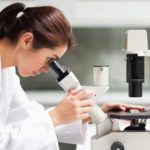
Protein cage study could lead to applications in nanotechnology and synthetic biology
A multidisciplinary team from the Bristol BioDesign Institute has come together to study the self-assembly of protein building into protein cages, leading to new research which has potential applications in nanotechnology and synthetic biology. The paper describes theoretical work and numerical simulations by a team of mathematicians, theoretical physicists, chemists and biochemists from the University … Continue reading Protein cage study could lead to applications in nanotechnology and synthetic biology
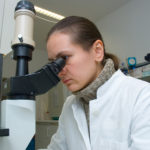
Structure of newly discovered antibiotics finally pinned down
University of Bristol chemists have revised the structure of baulamycins A and B by combining chemical synthesis, computational modelling and nuclear magnetic resonance (NMR) spectroscopy. In 2014, a team from Michigan University discovered two molecules, baulamycins A and B, from the coast of Costa Rica that were very active against anthrax and MRSA. Both molecules … Continue reading Structure of newly discovered antibiotics finally pinned down
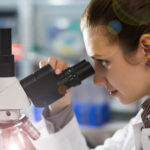
MRSA survival chances predicted by DNA sequencing
University of Bath scientists, publishing in Nature Microbiology, have said sequencing the DNA of MRSA can accurately identify patients most at risk of death and could help medics develop new treatments. MRSA is a Staphylococcus aureus bacterium that has become resistant to most types of antibiotics, and up to 20% of patients with invasive infections … Continue reading MRSA survival chances predicted by DNA sequencing
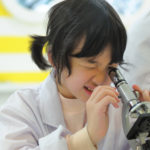
Study investigates link between antidepressant use in pregnancy and autism
Children exposed to antidepressants during pregnancy seem to be at a slightly higher risk of autism than children of mothers with psychiatric disorders who were not treated with antidepressants during pregnancy, according to a University of Bristol study published in The BMJ (University of Bristol, 2017). However, the researchers stress that the absolute risk of … Continue reading Study investigates link between antidepressant use in pregnancy and autism
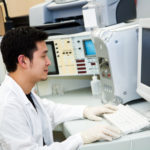
More participants needed for Alzheimer’s disease study
People with Alzheimer’s disease are already helping with a ground breaking government-funded trial led by academics from the Universities of Bristol, Cambridge, Queen’s University Belfast and University College London, and hosted by North Bristol NHS Trust, but even more people are needed to take part in the study (University of Bristol, 2017). The research study, … Continue reading More participants needed for Alzheimer’s disease study
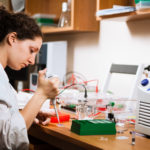
Researchers to look at how diagnostics can deliver more effective use of antibiotics in animals
A consortium of seven academics, including two veterinarians from the University of Bristol’s School of Veterinary Sciences, have received a £1.75m grant to understand how better diagnostics can encourage responsible antibiotic use in animals (University of Bristol, 2017). The award, funded by the Economic and Social Research Council (ESRC) working in partnership with the Department … Continue reading Researchers to look at how diagnostics can deliver more effective use of antibiotics in animals

Sugar intake during pregnancy associated with allergy and allergic asthma in children
High maternal sugar intake during pregnancy may increase the risk of allergy and allergic asthma in children, according to an early study led by Queen Mary University of London (QMUL) involving University of Bristol researchers and almost 9,000 mothers and their children (University of Bristol, 2017). While some research has reported an association between a … Continue reading Sugar intake during pregnancy associated with allergy and allergic asthma in children

GW4 Alliance to open new microscopy facility
The GW4 Alliance will open a £2.3m shared facility for cryo-microscopy on September 1st 2017 at the University of Bristol (Cardiff University, 2017). The facility will provide researchers across the Great West region with a suite of state of the art microscopy and analysis tools, enabling them to better understand the molecular processes responsible for … Continue reading GW4 Alliance to open new microscopy facility








